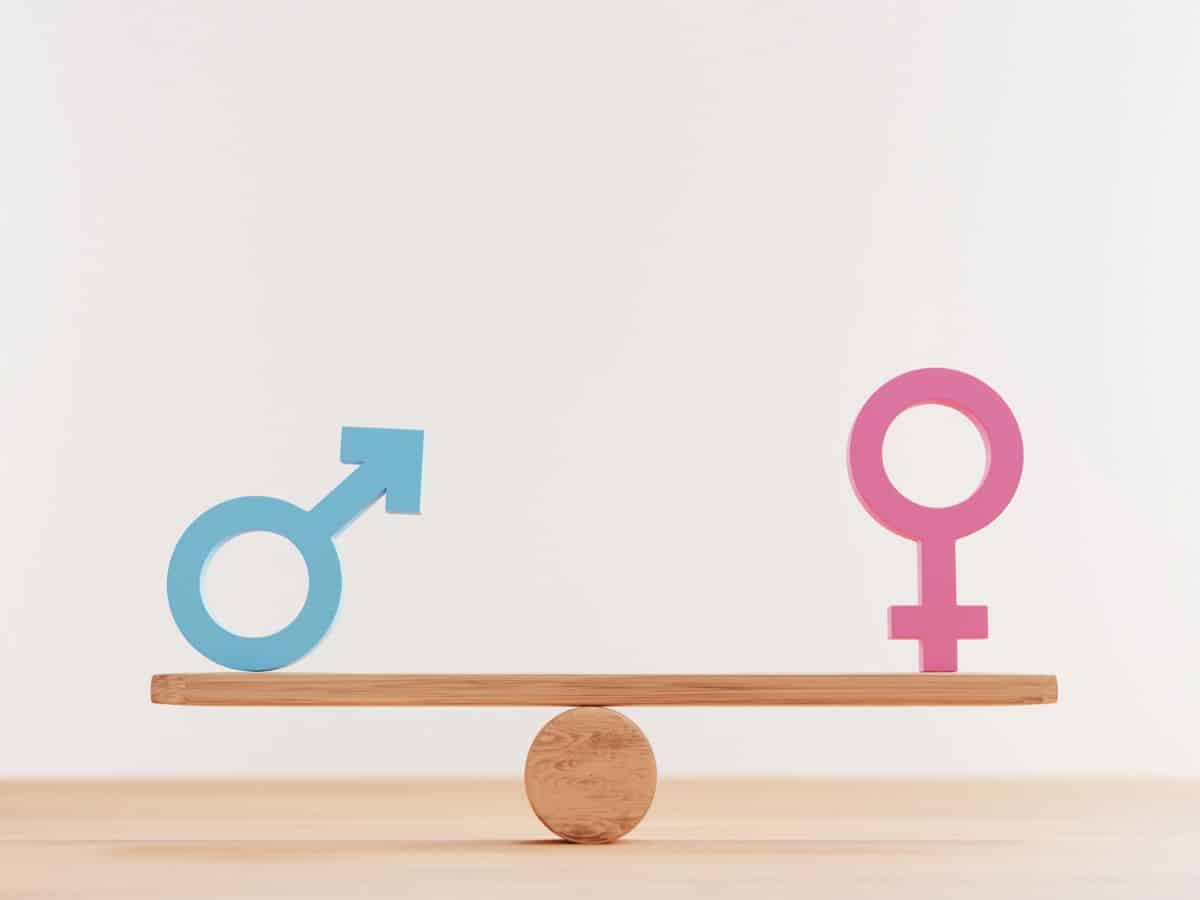
New Delhi: Noting that the world is not on track to achieve gender equality by 2030, a new UN report flagged that movements against gender equality have gained traction and women’s rights have been rolled back in many parts of the world.
The Sustainable Development Agenda, adopted by UN Member States in 2015, set a 2030 deadline for achieving gender equality.
The latest Gender Social Norms Index (GSNI) report has revealed no improvement in biases against women in a decade, with almost nine out of 10 men and women worldwide still holding such biases today.
While the report noted that considerable progress for women has been achieved in many basic capabilities, it said progress has been tenuous in enhanced capabilities such as women’s voice and power.
“From corporate boardrooms to presidential cabinets, women remain under-represented in leadership positions. Women have accounted for around 10 per cent of heads of state or government since 1995, leaving them at the margins of decision making in the 21st century,” the report stated.
According to the report, half of the people worldwide still believe men make better political leaders than women and more than 40 per cent believe men make better business executives than women.
The report argued that these biases drive hurdles faced by women, manifested in a dismantling of women’s rights in many parts of the world with movements against gender equality gaining traction and, in some countries, a surge of human rights violations.
“Biases are also reflected in the severe under-representation of women in leadership. On average, the share of women as heads of state or heads of government has remained around 10 per cent since 1995 and in the labour market women occupy less than a third of managerial positions,” the report said.
The report also sheds light on a broken link between women’s progress in education and economic empowerment. Women are more skilled and educated than ever before, yet even in the 59 countries where women are now more educated than men, the average gender income gap remains a staggering 39 per cent in favour of men.
“Social norms that impair women’s rights are also detrimental to society more broadly, dampening the expansion of human development. In fact, lack of progress on gender social norms is unfolding against a human development crisis: the global Human Development Index (HDI) declined in 2020 for the first time on record and again the following year,” Pedro Conceicao, head of UNDP’s Human Development Report Office, said.
“Everyone stands to gain from ensuring freedom and agency for women,” he added.



